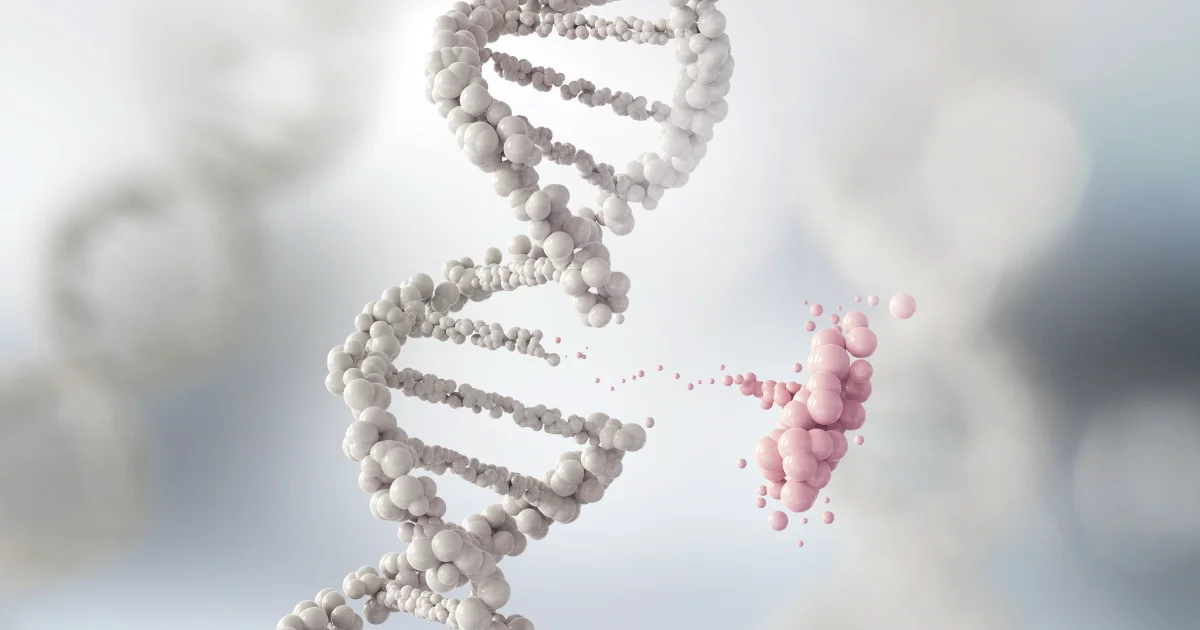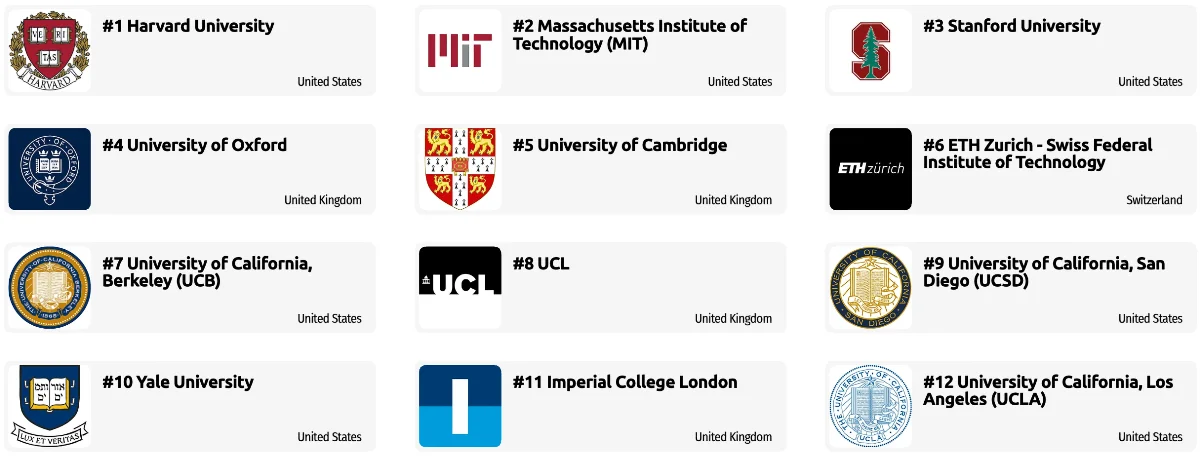Inspector

Inspectors should be great at:
- Estimating sizes, distances, and quantities; or determining time, costs, resources, or materials needed to perform a work activity.
- Observing, receiving, and otherwise obtaining information from all relevant sources.
- Identifying information by categorizing, estimating, recognizing differences or similarities, and detecting changes in circumstances or events.
- Inspecting equipment, structures, or materials to identify the cause of errors or other problems or defects.
Analyst

Analysts will often perform the following tasks:
- Identifying the underlying principles, reasons, or facts of information by breaking down information or data into separate parts.
- Using relevant information and individual judgment to determine whether events or processes comply with laws, regulations, or standards.
- Assessing the value, importance, or quality of things or people.
- Compiling, coding, categorizing, calculating, tabulating, auditing, or verifying information or data.
Other work activities related to Geneticists
- Writing grants and papers or attending fundraising events for seeking researching funds.
- Verifying that cytogenetic, molecular genetic, and related equipment and instrumentation is maintained in working conditions for ensuring accuracy and quality of experimental results.
- Planning curatorial programs for species collections that include acquisition, distribution, maintenance, or regeneration.
- Participating in the development of endangered species breeding programs or species survival plans.
- Maintaining laboratory safety programs and training personnel in laboratory safety techniques.
- Instructing medical students, graduate students, or others in methods or procedures for diagnosis and management of genetic disorders.
- Evaluating, diagnosing, or treating genetic diseases.
- Designing and maintaining genetics computer databases.
- Conferring with information technology specialists for developing computer applications for genetic data analysis.







